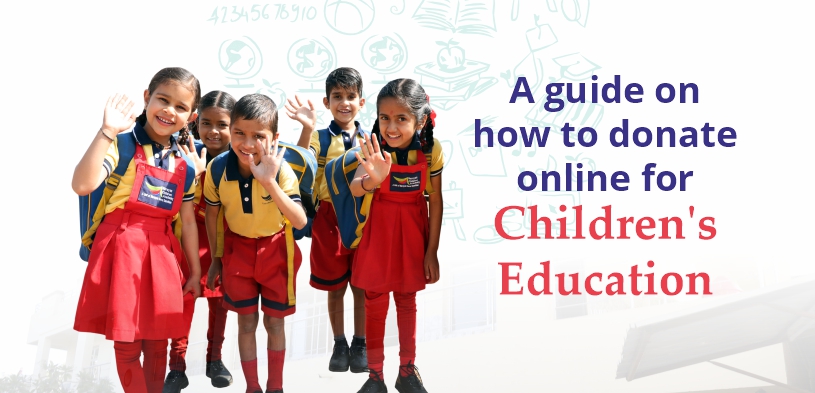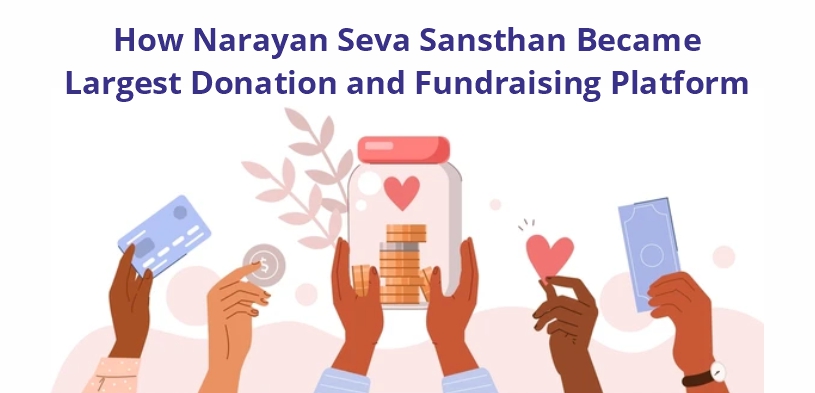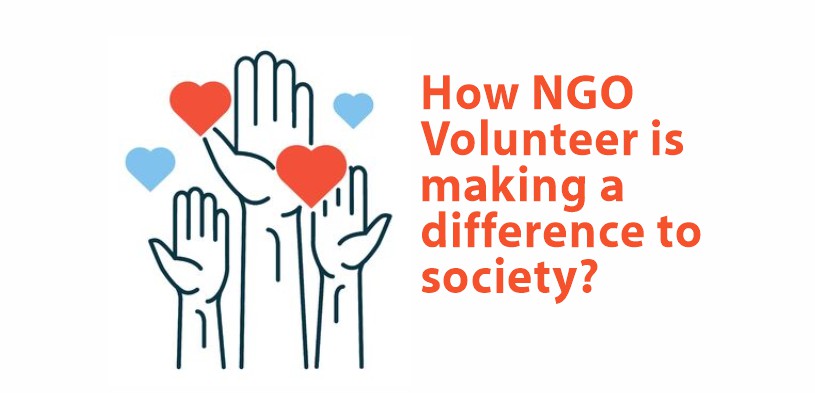Ensuring healthcare access for differently-abled individuals is crucial to building an inclusive society. NGOs have played a significant role in championing this cause and providing valuable lessons for addressing the healthcare needs of this population. Firstly, NGOs have focused on raising awareness about the challenges differently-abled individuals face in accessing healthcare services. They have compelled policymakers and healthcare providers to take action by highlighting these barriers. NGOs have also been instrumental in advocating for policy changes and promoting inclusive healthcare practices. They have lobbied for improved accessibility in healthcare facilities, including ramps, elevators, and appropriate medical equipment. Additionally, NGOs have worked to enhance the training of healthcare professionals, equipping them with the knowledge and skills necessary to provide comprehensive care to differently-abled patients. Moreover, NGOs have actively engaged with the differently-abled community, empowering them to voice their concerns and demand their rights.
They have facilitated support groups, counseling services, and educational initiatives that empower individuals to navigate the healthcare system effectively. NGOs have played a pivotal role in ensuring healthcare access for differently-abled individuals. Their efforts to raise awareness, advocate for policy changes, and empower the community have contributed to a more inclusive healthcare system. The lessons learned from these NGOs are invaluable in creating a society where healthcare services are accessible to all, regardless of their abilities.
List Of Top Five Healthcare Access For Differently Abled Individuals That NGOs Are Providing
NGOs worldwide have been at the forefront of addressing healthcare access for differently-abled individuals. Through their tireless efforts, they have implemented various initiatives to ensure this population receives the necessary care. Here is a list of the top five healthcare access programs provided by NGOs:
Mobile Medical Units
Mobile medical units are an innovative approach NGOs employ to bring healthcare services directly to underserved communities, including differently-abled individuals. These units have medical professionals, diagnostic tools, and necessary equipment for on-site medical care. By eliminating transportation barriers, mobile medical units ensure that individuals with mobility limitations or living in remote areas can access essential healthcare services conveniently. These units offer check-ups, treatments, vaccinations, and referrals, catering to the specific needs of differently-abled individuals. Mobile medical units are vital in reaching and addressing the healthcare needs of marginalised populations, promoting inclusivity and equitable healthcare access.
Assistive Technology Programs
Assistive technology programs implemented by NGOs have transformed the lives of differently-abled individuals by providing them with access to specialised devices and equipment. These programs offer assessments, training, and support to ensure that individuals receive the right assistive technology. Wheelchairs, hearing aids, communication aids, and other assistive devices are made available through these initiatives. By equipping differently-abled individuals with appropriate technology, NGOs empower them to enhance their mobility, communication, and overall independence. Assistive technology programs improve individuals’ quality of life and enable them to participate more fully in society and access healthcare services more effectively. Through these programs, NGOs champion inclusivity, breaking down barriers and promoting equal opportunities for differently-abled individuals.
Healthcare Provider Training
Healthcare provider training programs conducted by NGOs are essential in ensuring that healthcare professionals are equipped with the knowledge and skills to cater to the needs of differently-abled individuals effectively. These programs focus on disability awareness, communication techniques, and inclusive healthcare practices. By sensitizing healthcare providers to the unique challenges faced by this population, NGOs promote a more compassionate and patient-centred approach to care. Healthcare provider training programs empower professionals to communicate effectively, offer appropriate accommodations, and provide comprehensive healthcare services. Through these initiatives, NGOs contribute to improving the overall quality of care for differently-abled individuals and fostering a healthcare system that is more inclusive and equitable for all.
Accessibility Modifications
NGOs are vital in advocating for accessibility modifications in healthcare facilities to ensure they are inclusive for differently-abled individuals. These modifications involve addressing physical barriers, such as installing ramps, elevators, accessible restrooms, and appropriate signage. By promoting universal design principles, NGOs create an environment where individuals with mobility limitations, visual impairments, or other disabilities can navigate healthcare facilities independently and safely. Accessibility modifications enhance physical access and promote dignity, respect, and equal opportunities for differently-abled individuals seeking healthcare services. NGOs collaborate with healthcare institutions and policymakers to prioritise and implement these modifications, contributing to a more inclusive healthcare system that values the needs and rights of all individuals, regardless of their abilities.
Awareness
Awareness initiatives led by NGOs are crucial in empowering differently-abled individuals with knowledge and information about their health. These programs aim to educate individuals on self-care, preventive measures, disease management, and available healthcare resources. By providing tailored workshops, seminars, and awareness campaigns, NGOs help differently-abled individuals make informed decisions regarding their health. These initiatives promote self-advocacy, enable individuals to participate in their healthcare, and reduce health disparities actively. Health education and awareness programs ensure that differently-abled individuals have the tools to prioritise their well-being and navigate the healthcare system effectively.
Conclusion
In conclusion, Narayan Seva Sansthan is an exemplary NGO that has significantly contributed to ensuring healthcare access for differently-abled individuals. Through their diverse initiatives, such as mobile medical units, assistive technology programs, healthcare provider training, accessibility modifications, and health education, they have positively impacted the lives of countless individuals, promoting inclusivity and empowering the differently-abled community. NGOs have ensured healthcare access for differently-abled individuals. Their efforts in raising awareness, advocating for policy changes, providing assistive technology, conducting healthcare provider training, and promoting accessibility modifications have been instrumental in addressing the unique challenges faced by this population. NGOs have made significant strides towards creating a more inclusive healthcare system by empowering differently-abled individuals and collaborating with healthcare institutions and policymakers. The lessons learned from their initiatives serve as a guiding light for society, emphasising the importance of equitable healthcare access for all individuals, regardless of their abilities.








